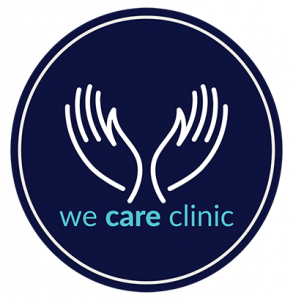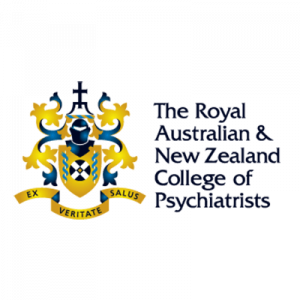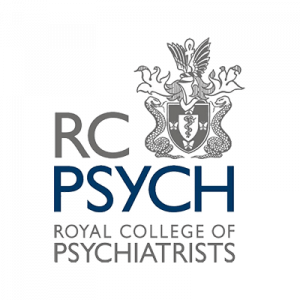Obsessive Compulsive Disorder (OCD)
OCD is characterised by obsessional (unwanted) thinking followed by ritualistic compulsive behaviour causing profound anxiety and depression thus causing significant distress. It can affect one in100 people of any age and usually starts in childhood.
The obsessional thoughts are followed by ritualistic compulsive behaviours. Though the patient knows that there is no logical connection between the two and make attempts to try and prevent the ritualistic behaviours, the anxiety increases resulting in profound distress. They then engage in ritualistic behaviours to get some respite from the anxiety. This continues in a cyclical fashion.
The exact cause is unknown, but it runs in families, can occur due to damage to the brain and its functionality and by copying others gradually over period of time.
OCD Symptoms and signs
Include checking, washing, fears of contamination, counting, praying, preoccupation with symmetry, thoughts about sex, violence, unfortunate events, religion and aggressive thoughts.
Diagnosis is established based on a comprehensive assessment which involves taking a detailed history and is seen by a psychiatrist after a referral is made by the GP.
This involves a series of clinical reviews where comprehensive history is taken, observing patient’s behaviour, identifying symptoms, obtaining some collateral information.
Treatments include
- Medications
- TMS
- Psychology
With appropriate treatment, symptoms can resolve. In very severe cases where a complete recovery cannot be achieved, symptoms can reduce in intensity with medications thus improving one’s level of functioning.
Compliance with medications, establishing good sleep hygiene, engaging with your psychiatrist, understanding your early warning signs/ relapse signatures, avoidance of drugs and alcohol will all go a long way in maintaining positive health and may help avoiding relapses. In some very severe cases, the above will help in reducing the intensity and frequency of symptoms. Stress of some form can sometimes trigger a relapse.
With appropriate treatment, symptoms can resolve. In very severe cases where a complete recovery cannot be achieved, symptoms can reduce in intensity with medications thus improving one’s level of functioning.
Complications include poor time management resulting in loss of work, poor prioritisation, delay in achieving deadliness, poor performance at school, breakdown of relationships, ongoing physical health issues due to the frequent ritualistic behaviours, social isolation, drug and alcohol use, suicidal thoughts and behaviour.



